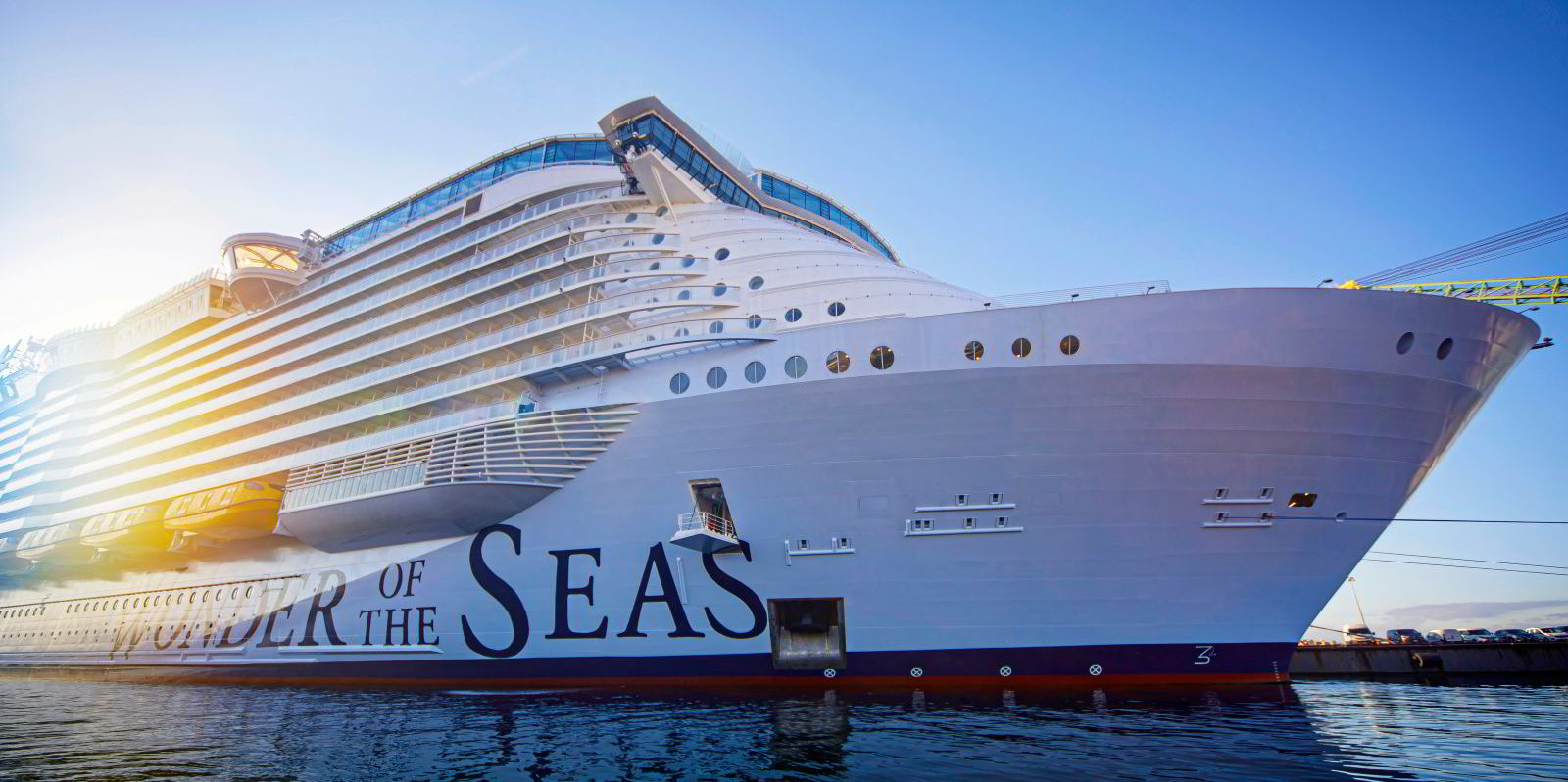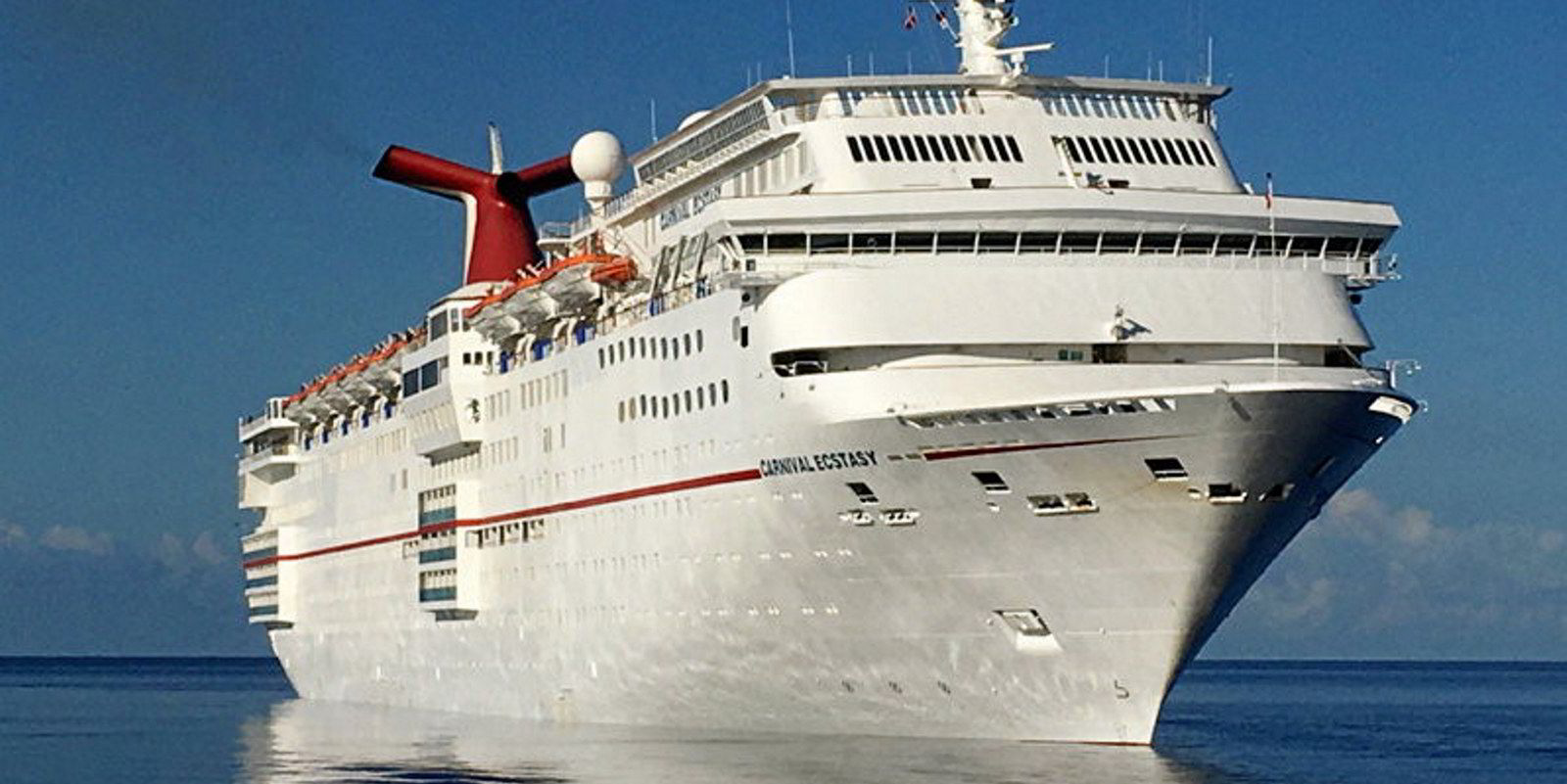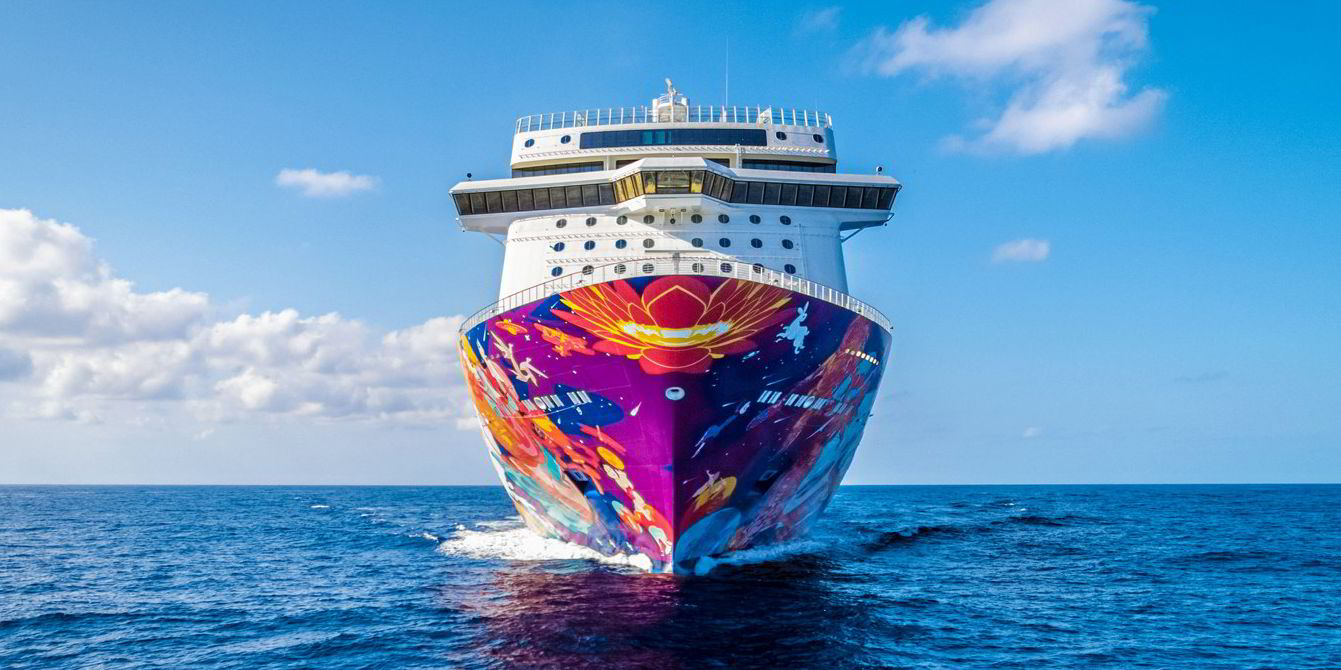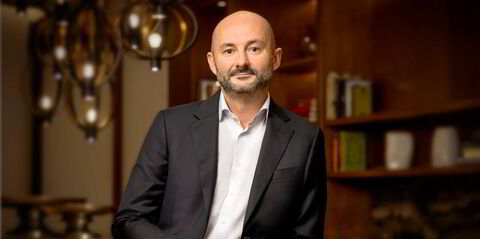Royal Caribbean Group’s top executive said cruise booking is on the rise after the blow from the Omicron variant pushed back the company’s expected escape from red ink.
Jason Liberty, chief executive at the world’s second-largest cruise ship group, said the New York-listed company has seen a “meaningful” increase in bookings since the beginning of the year.
He said the impact of the variant of Covid-19 is not over, but cases on board its ships have been declining and have now reached the very low levels seen before Omicron emerged.
“It appears that the worst is behind us,” he told analysts on Friday.
On Friday, the Miami cruise giant reported a fourth-quarter net loss of $1.36bn, slightly below the $1.37bn in red ink reported a year earlier.
The adjusted loss per share of $4.78 was well below the average analyst estimate of $3.92, according to Yahoo Finance.
Revenue surged to $982m, from $34.1m in the fourth quarter of 2020. But cruise operating expenses also rose, jumping to $1.14bn in the final quarter of 2021 from $265m a year earlier.
The quarter’s result brought the full-year net loss to $5.26bn, an improvement on the $5.78bn logged in 2020.
Royal Caribbean spent last year working to return its ships to service, with 50 out of 61 of them in service by the close of December.
| Line | Q1 2021 | Q1 2020 | 2021 | 2020 |
| Revenue | $982m | $34.1m | $1.53bn | $2.21bn |
| Cruise operating expenses | $1.14bn | $265m | $2.66bn | $2.77bn |
| Operating loss | $1.03bn | $1.02bn | $3.87bn | $4.6bn |
| Net loss | $1.36bn | $1.37bn | $5.26bn | $5.78bn |
While the company put on a brave face in the closing days of 2021, playing down the impact of the new variant, within weeks the cruise ship giant pressed the pause button on several voyages.
The reversal took its toll. Liberty said the impact from the Omicron variant is expected to delay the company’s return to profitability by “a few months”, with Royal Caribbean predicted to return to the black in the second half of this year.
The variant’s rapid spread, which is now believed to have passed its peak in the US, weighed on upcoming bookings and is expected to hurt the company’s first-quarter and second-quarter results.
“The timing of Omicron was particularly painful as a typical wave booking period begins in early January,” Liberty said, referring to the selling period when many customers lock in their cruises for the year.
Speaking in his first call with analysts since taking the helm from predecessor Richard Fain at the start of the year, Liberty remained bullish for the sector’s long-term outlook.
“We expect 2022 will be a strong transitional year as we bring the rest of our fleet into operations and approach historical occupancy levels,” he said.





